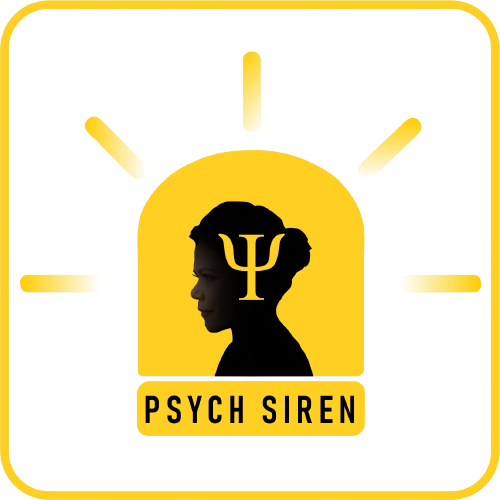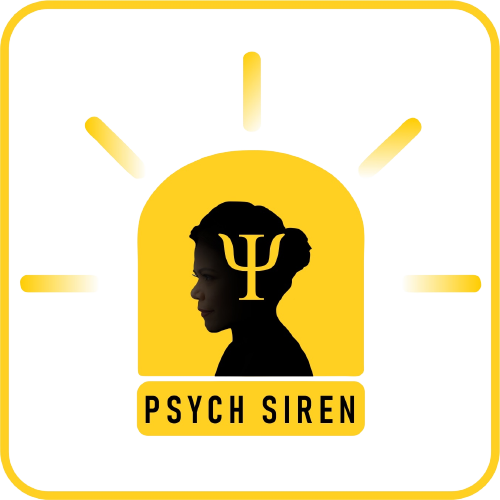
We’ve all had our moments of sadness. Sadness is a normal emotion. We experience it every time something unpleasant happens. We get sad when a relationship ends. Sadness is what we feel when we get bypassed for a promotion. It’s what happens when someone we love says something hurtful. It’s part of everyday life.
But sadness and depression are two different things altogether. Depression is one of prevailing sadness and yet depression is not just sadness.
We all get the blues. We might even feel extremely sad and grieve over a significant loss. But most of the time, we continue to function and maintain a semblance of normalcy in our everyday lives. Eventually we bounce back.
Sadness is temporary while depression remains constant for weeks or months. Sadness lifts when something good happens. Depression doesn’t. Laughter and humor dissipate sadness while depression doesn’t abate. Sadness may invite negative thoughts but it does not make us think of suicide as a suitable course of action. Sadness does not make us lose or gain weight, nor does it make us sleep more or sleep less.
It’s important to understand the difference between the two, to understand that people with depression are not just sad. Depression is when a normal human emotion gets out of hand that we cannot think our way out of it without help. It goes beyond life’s up and downs. People who are depressed can’t just pull themselves together. Comparing sadness to depression is like comparing a benign tumor to cancer. One can easily be remedied by surgery or may be left alone, while the other one is life-altering and malignant. Sadness, like surgery for a benign tumor can be painful, but depression goes beyond being painful. It is not normal and it needs medical intervention.
Telling someone who is depressed that “it will go away,” or to just “think positively,” is just like telling someone with cancer that with the right attitude, they will get better. They won’t.
Depressed people have a prevailing sadness that does not go away and may or may not be related to life events. They lose interest or pleasure in the things they once enjoyed. They lose weight even when not dieting or gain significant weight (more than 5%) of body weight in a month. They may be unable to sleep or sleep excessively. They may feel restless or irritated. Fatigue and loss of energy haunts them. They feel worthless and guilty. They cannot think or concentrate and may become indecisive. Suicide might be on their minds. It might just be a desire or they may have a specific plan to carry it out.
Being no stranger to depression myself, I know what it feels like. I know how dangerous it is to ignore it, wish it away, or leave it untreated. I know how painful it is and how life altering. It feels like falling into the abyss with the abyss looking straight back at you. It feels like a subterranean grief and sadness that defines who you are. It changes your perception and you are gripped by the quagmires of despair.
If you or your loved one feel like this nearly every day for at least two weeks to the point that it interferes with your daily activities, you may be depressed. Depression is very real. It is not just “all in the mind,” it’s in the brain. It alters brain chemistry so that it cannot be cured without medication and therapy. I urge you then to seek help. There’s too much suffering in the world to suffer unnecessarily when help is available.

